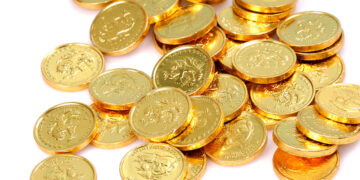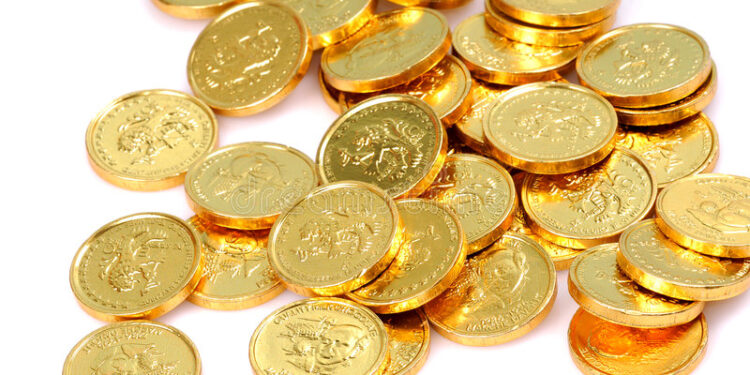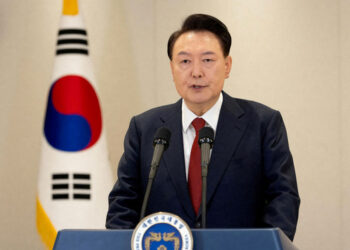By Ebi Kesiena
Zimbabwe is set to introduce gold coins that will enable investors to store value within the country as inflation spirals out of control and the local currency continues to rapidly devalue against major currencies.
The move comes after inflation for June jumped to 191.6% from 132% in May.
In a statement, the southern African country’s central bank chief John Mangudya announced the new gold coins would be available through normal banking institutions.
“The Reserve Bank of Zimbabwe’s Monetary Policy Committee (MPC) resolved to introduce gold coins into the market as an instrument that will enable investors to store value,” Mangudya said. “The gold coins will be minted by Fidelity Gold Refineries (Private) Limited and will be sold to the public through normal banking channels.”
Fidelity Gold Refineries (Private) Limited is the sole gold buying entity and refining entity in the country and is owned by the central bank.
The central bank’s monetary policy committee expressed “great concern on the recent rise in inflation”, which increased by 30.7% on a month-on-month basis for June 2022.
Authorities are struggling to pull Zimbabwe from the grips of an economic crisis characterised by high inflation, a rapidly devaluing local currency, 90 percent unemployment and declining manufacturing output.
The country’s inflation has been on an upward trend in the past three months as inflation pressures rise, driven by the continued weakening of the Zimbabwean dollar which is trading at $1:650 on the black market.
The printing of new money by the central bank has also worsened the situation, reversing gains made in the past two years that saw inflation decrease from a peak of 800 percent in 2020 to 60 percent in January this year.
As part of measures to stabilise the economy, the central bank will more than triple the lending rate from 80 percent to 200 percent per annum and raise the interest rate from 50 percent to 100 percent per annum.
Harare-based independent economist Victor Bhoroma commended the apex bank’s interventions, saying positive interest rates would reduce both “speculative borrowing in the economy and money supply growth”.
“Gold coins are a good idea in terms of storing value. It can be a way to reduce pressure on the US dollar if sold in Zim dollar thus stabilising inflation,” Bhoroma told Al Jazeera. “But they will likely be indexed in US dollar which means it’s a fundraising scheme to get USD from the market by the central bank. The success will thus depend on confidence in the central bank as the seller of the coins and guarantees that back them.”
If confidence continues to dip, the market will maintain a preference for hard currency, he said.




































